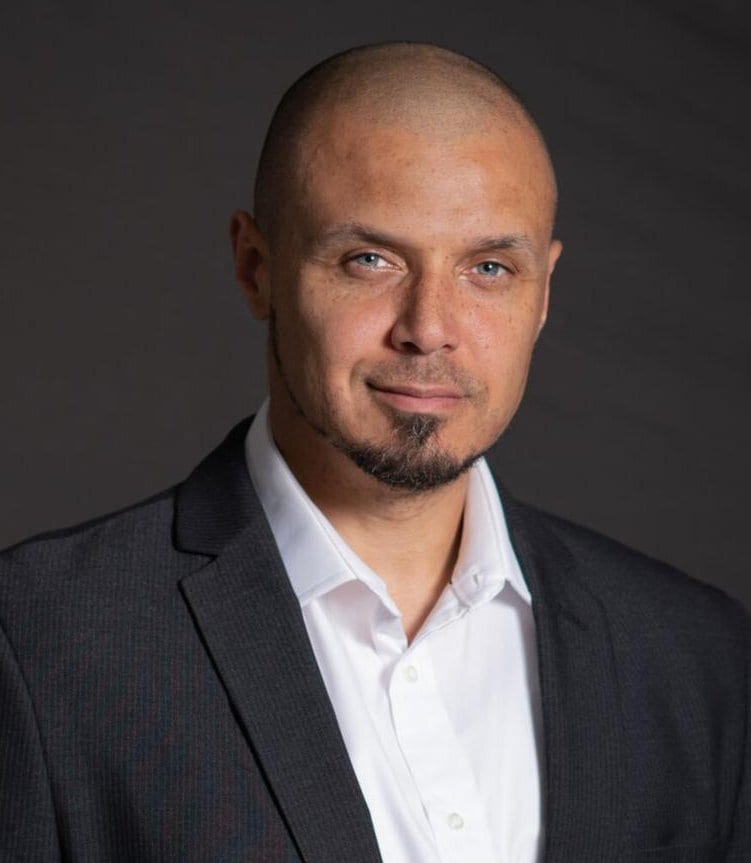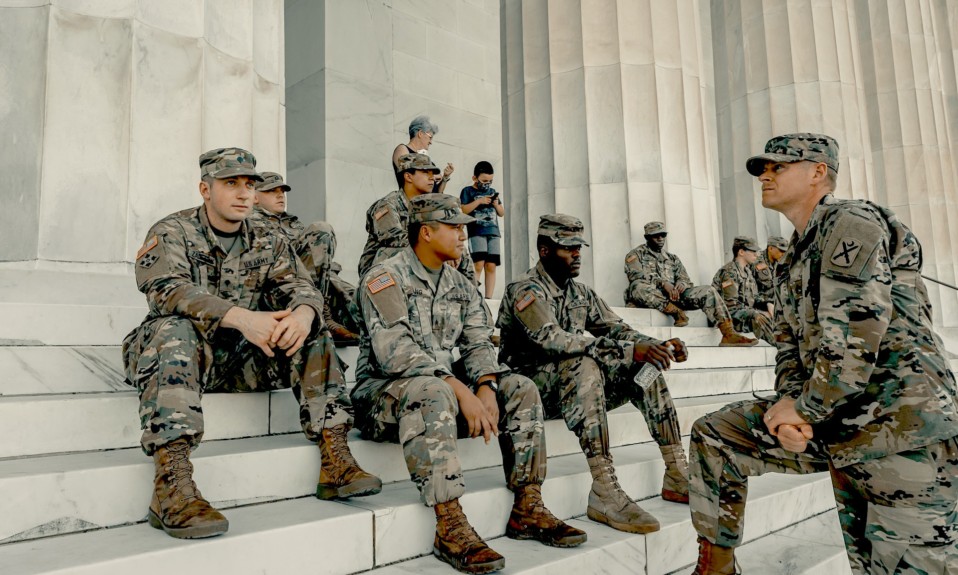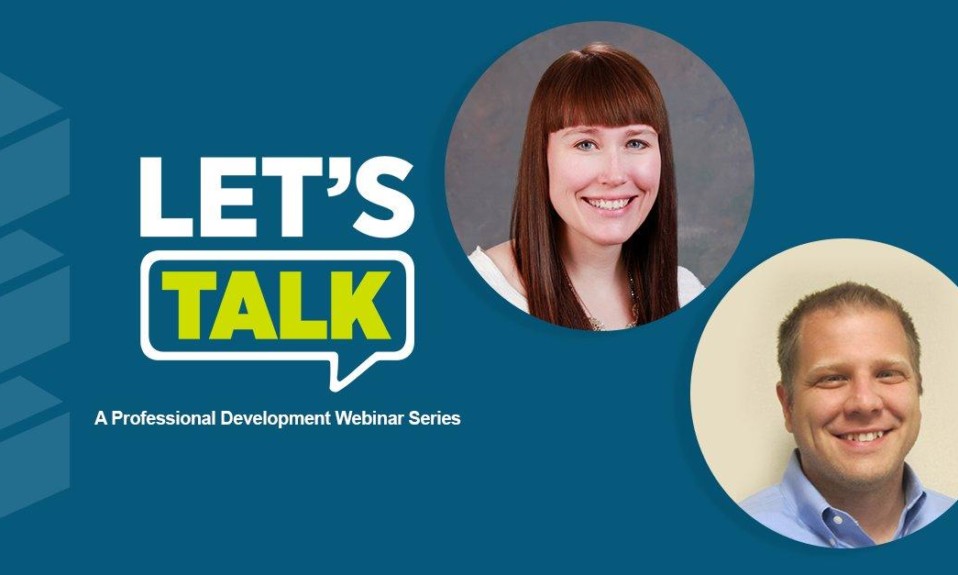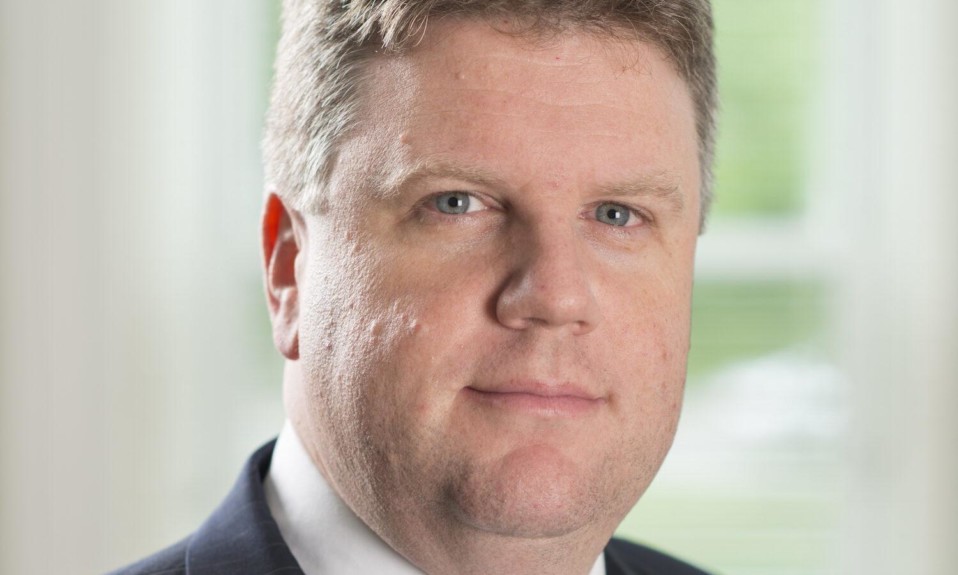Focusing on self-management and self-empowerment, the program provides addiction recovery tools and strategies for two groups that often share life experiences and outlooks
By Alison Jones Webb
“People with PTSD [post-traumatic stress disorder], in my experience, can have exaggerated fear reactions and aggression. The Army did a poor job of identifying my problems while I was in, even though I had been to mental health treatment before I got out of the service. I was diagnosed with general anxiety disorder and sent on my way. I eventually entered an IOP [intensive outpatient program], which was difficult for me, listening to people complain about petty issues when I was upset about babies being killed and the like. If my trauma had been identified earlier, it would have been much easier for me.”
These are the words of a man who served eight years as an infantry soldier in the U.S. Army. He is part of the SMART Recovery Veterans and First Responders national group meetings, which have been providing not just recovery support for participants, but valuable information for a new initiative called the SMART Veterans Program.
SMART Recovery is a non-profit, science-based mutual help group that takes a self-empowerment approach to addressing substance use and maladaptive behaviors. (SMART stands for Self-Management and Recovery Training.) The program uses proven self-management tools from clinical settings, such as cognitive behavioral therapy, the stages of change, motivational interviewing, life skills development and goal-setting to help people in facilitated group meetings decide how to deal with their own drug, alcohol and behavioral challenges. Meetings are led by trained facilitators who use specific tools such as cost-benefit analysis to help participants discover what their behaviors are costing them and whether it’s worth the price.
SMART meetings have been held online since 1998, four years after the program’s inception, as well as in-person and in a hybrid format. (The program’s early online foundation prepared it to rapidly address the needs of participants during the COVID pandemic.) As it develops, the Veterans Program will modify existing tools to fit the needs of the veteran and first responder community, who often have comparable life experiences—including trauma exposure, substance use and mental health disorders, or maladaptive behaviors—and who often move from a career in one field, like the military, to the other, like emergency medical services, and back again.
“In the veteran and first responder community, we are individuals who understand how to look at a problem objectively and then use the evidence in front of us to come up with a solution to that problem.”
Michael Hooper, SMART outreach director
Why does SMART appeal to veterans and first responders? Michael Hooper, SMART outreach director and a veteran, says “People in this demographic understand this structure in approaching the problems of addiction and maladaptive behaviors. In the veteran and first responder community, we are individuals who understand how to look at a problem objectively and then use the evidence in front of us to come up with a solution to that problem.”

“And not only do we come up with one solution—normally we come up with a few options, so that if one doesn’t work, we have a subsidiary plan to go to. We don’t just throw up our hands and say we’ve failed.”
But participants do need to learn to apply that strategy to themselves. “When confronted with self-management, people in this demographic tend to have a problem,” says Hooper, “because they’re so used to solving other people’s problems and trained to ignore their own until the mission is completed, and we tend to take that mentality home with us.”
By home, Hooper means off duty, as well as literal home life. “It’s not like a regular civilian job where you punch a clock and you’re done, and you’re not in that office mindset anymore,” he says. “We live this lifestyle. We don’t just turn it off.” SMART tools help participants develop plans to address that issue.
Reaching Veterans Everywhere
SMART is an international organization with headquarters in the U.S., Canada, the U.K. and Australia. There are currently 1,342 active SMART meetings in North America; 559 are online and 91 are hybrid. A message board and chat are available 24/7. Smart Recovery recently launched a mobile app, where users can find meetings, access the Smart Recovery toolbox, engage in supportive videos and podcasts and more.
“We let our participants, clients and partners decide what works best for them. We’re about promoting options.“
Michael Hooper
When it comes to the veteran population, Hooper sees huge similarities in military culture and shared experience globally. “We’re all speaking the same language, no matter where we are,” he says. “Veterans are suffering from the same types of problematic behavior and the same difficulties finding solutions, whether we’re in Glasgow, Dublin, Bangladesh, Melbourne or New York City. [With the SMART Veterans Program], we’re really trying to blend the military culture regardless of where we are for servicemen and women, so they will have access to this program that is relevant to them no matter where they reside in the world.”
SMART Recovery—and the SMART Veterans Program—is not prescriptive. It aligns with a broad understanding of the complexities of life after drug and alcohol use and so focuses on individual solutions to individual problems that go beyond sobriety. “We let our participants, clients and partners decide what works best for them,” Hooper says. And by that he’s not just talking about participating online or in-person. “Many of us in the recovery community embrace multiple pathways of recovery, the same way someone with a chronic disease will have many pathways to rehabilitation. That’s the same thing we achieve in SMART recovery. We’re about promoting options.
“The essence of cross-talk among our participants is the true strength of SMART recovery. We utilize our life experiences and how we’ve integrated these tools into our daily lives, not just with recovery but dealing with everyday life, with struggles that come from family management, relationships, profession, goals and aspirations. We bring in components from many disciplines to help create packages of progress that are effective and can be used by you.
“Change is possible, and we can help you get there.”
Top photo: Clay Banks














